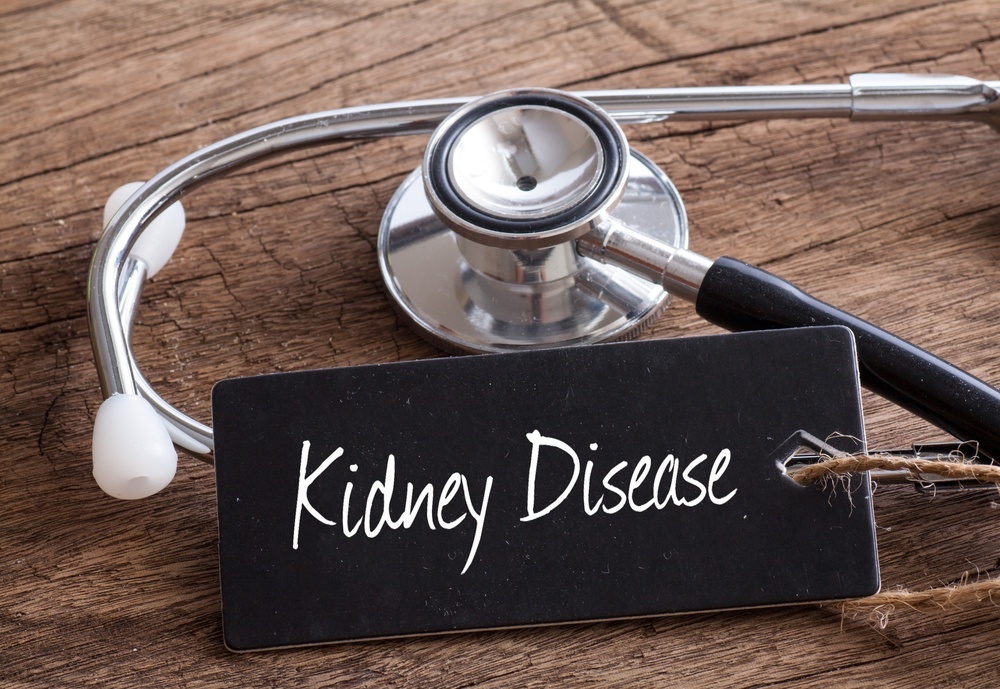Kidney disease is the second most common result of high blood pressure after diabetes, and it’s on the rise.
Many people associate high blood pressure only with heart problems, but the kidneys are highly affected by it as well.
What Do Kidneys Do?
We each have two kidneys approximately the size of our fist. Kidneys filter our blood into urine, containing waste and toxins that we dispel from the body.
Nephrons, which are small filtering units within the kidney, are made of very small filters that function at a more microscopic level for the kidneys. They collect the minerals and proteins that the body needs for nutrients but then discards the waste into urine.
How High Blood Pressure Damages Kidneys
Because the kidneys contain so many capillaries and blood vessels, they are more liable to damage caused by high blood pressure. The blood vessels become constricted and weaker, thus not able to perform their duty as well.
Toxins and waste are not properly removed from the body and build up, causing serious health conditions such as kidney disease.
The kidneys also regulate salt and potassium. If the kidneys cannot function properly, you are at a higher risk for kidney stones or possibly kidney disease.
What Are the Symptoms of Kidney Disease?
Some of the tell-tale signs of kidney disease are nausea, vomiting, swelling in the kidney area, loss of appetite, increase or decreases in urine frequency, and headaches.
While these symptoms are typical for various ailments, they need to be recognized and taken care of professionally.
A doctor will help you diagnose if it is kidney disease or another issue. A urine or blood sample will tell the doctor what the diagnosis. Blood in the urine is a giveaway of kidney issues because when blood should be filtered out of the kidneys away from the bladder and urethra.
It may not be visible, but urine tests can detect blood. If blood is visible and you have not yet seen a doctor, urgently call one and get the problem assessed.
In a regular check up, you’ll get a blood pressure reading. If it is higher than normal, the doctor will flag it and explain the options for treating it or how to prevent it from worsening.
Prevention and Treatments
By eating well, cutting sodium, exercising, and monitoring your overall health regularly, blood pressure and kidney function can be regulated.
The healthier we are by watching what goes in our body as well as getting enough water and exercise, the lower our blood pressure is, which means healthier kidneys.
You need to stop smoking immediately. Smoking damages blood vessels and your lungs, resulting in high blood pressure and more stress on your body. Find a program to help you quit and stick to it!
Medication and supplements might be necessary to help with blood pressure or kidney problems.
L-Arginine Plus is a great way to lower blood pressure and keep the rest of your body healthy. It creates higher levels of nitric oxide in your blood and dilates the arteries to regulate blood flow. L-arginine also fights unhealthy plaque in the heart that may cause blood clots.
Additionally, stay happy and reduce stress! It is a sure way to keep blood pressure down, which in itself is a stress reliever.
http://cdn.tinybuddha.com/wp-content/uploads/2015/02/Man-Meditating.png

